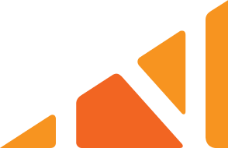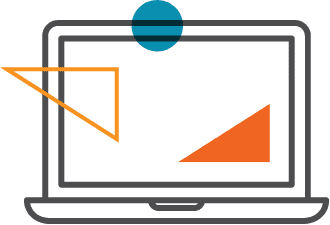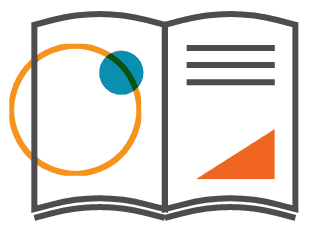A Solo 401(k) can be a powerful tool in a self-directed investor’s tool belt. In terms of tax advantages, Solo 401(k)s offer the same benefits as the well-known employer-sponsored 401(k). However, the account holder must be a self-employed individual with no other employees.
Ready to learn more about self-directed investing? Click here to browse and download our helpful Investing Guides.
Solo 401(k)s offer a considerable spectrum of potential benefits:
- Annual contribution limits are higher.
- The Solo 401(k) holder, as plan Trustee, exercises a greater degree of control over investment activities.
- Earnings from investments in debt-financed property are NOT subject to unrelated business income tax (UBIT), whereas such earnings would be taxed in an IRA.
Solo 401(k)s have a lot to offer but are also somewhat nuanced. Prospective investors would do well to conduct due diligence when thinking about this unique tax-advantaged account type.
Let’s take a closer look at Solo 401(k)s and explore some key considerations.
A Solo 401(k) is simply a 401(k) that I invest and manage myself.
A Solo 401(k) is indeed the same as an employer-sponsored 401(k) plan in terms of tax benefits, but you, as the account holder, are in the driver’s seat. At New Direction Trust Company, your Solo 401(k) can transcend the limitations of third-party management and invest in alternative investment options like real estate, private loans, and precious metals.
You can manage investments at your leisure with a Solo 401(k), but you don’t have to conduct all recordkeeping yourself. At NDTCO, Solo 401(k) holders have the option to:
- Lease a plan document but conduct recordkeeping services themselves.
- Hire NDTCO to conduct recordkeeping for an existing plan document.
- Do both – We can lease a plan document to you AND perform recordkeeping.
Note that not all activities can be deferred to NDTCO. For instance, if your Solo 401(k) is valued at more than $250,000 in a given year, you would have to file a Form 5500 for the account.
As a self-employed person, a Solo 401(k) is perfect for me.
It’s true that Solo 401(k)s are intended for self-employed individuals who want more control over their investment strategies.
However, only self-employed individuals with no other employees may open and fund a Solo 401(k). Small business owners with employees can enjoy similar contribution limits and tax advantages with a SEP IRA, but investments would have to be routed through an IRA custodian like NDTCO (unless it’s a Checkbook IRA).
It’s also worth noting that the power of Solo 401(k)s means increased responsibility for the account holder. Prohibited transactions can be more difficult to avoid when one has direct access to his or her tax-advantaged retirement dollars. Seemingly innocent actions like putting 401(k) money into your personal account or covering an expense for a 401(k)-owned asset with personal money are expressly prohibited by the IRS and can easily happen if the rules aren’t well understood.
Those who are unwilling to take on this degree of responsibility can still enjoy the advantages of self-direction with a SEP, Traditional, or Roth IRA, while also having the assistance and helpful oversight of your custodian.
As Trustee of my Solo 401(k), I can essentially do whatever I want with it.
This is relatively true at NDTCO. Many retirement plan custodians disallow alternatives and limit their investors to stocks, mutual funds, and other publicly traded instruments. Others still may not even allow their account holders to select which publicly traded instruments the account invests in.
As Trustee of your NDTCO Solo 401(k), you can choose and execute the investments you trust and understand.
That being said, it’s important to remember that, while we at NDTCO pride ourselves on putting investing power in the hands of our account holders, the IRS rules are not overruled by the flexibility afforded by a Solo 401(k). As we discussed above, Solo 401(k) holders must diligently follow these rules or risk IRS fees and penalties.
NDTCO is here to help!
Solo 401(k)s can be complex, but the rewards for navigating that complexity can be substantial. You’re welcome to reach out to NDTCO to discuss your goals and review our free educational resources, such as this short webinar, to ensure you know the rules surrounding these accounts.
Please don’t hesitate to give us a call at 877-742-1270 or, if you’re already an NDTCO account holder, send us a message through the Client Portal.


 Back to Blog
Back to Blog

